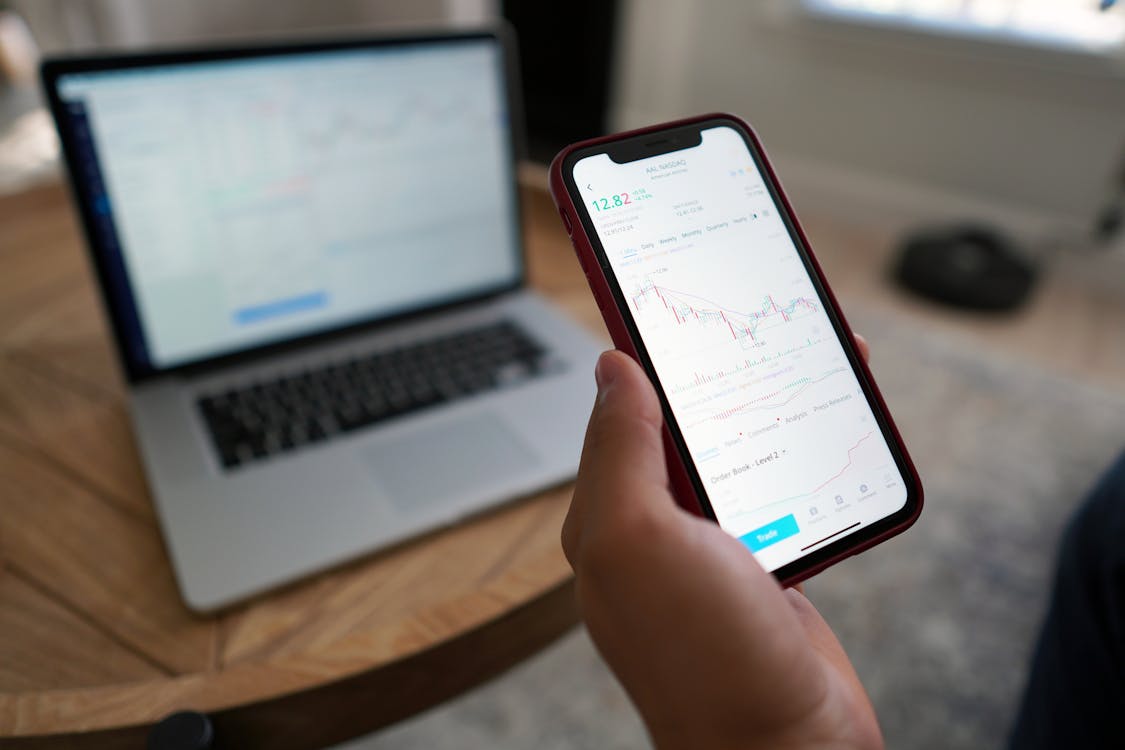What Is A Dividend?
Author: ChatGPT
March 08, 2023
Introduction
A dividend is a payment made by a company to its shareholders. It is usually paid out of the company's profits and is typically distributed on a quarterly or annual basis. Dividends are typically paid in cash, but can also be paid in the form of stock or other assets. Dividends are one way that companies reward their shareholders for investing in the company.
Who Gets the Dividend?
The people who get the dividend are those who own shares in the company that pays it out. Generally, only shareholders of record on the date of declaration will receive the dividend payment. This means that if you buy shares after this date, you will not be eligible to receive the dividend payment. Additionally, some companies may have restrictions on who can receive dividends, such as requiring shareholders to be over a certain age or to have held their shares for a certain period of time before they can receive dividends.

How Much Do Shareholders Receive?
The amount of money that shareholders receive from dividends depends on how many shares they own and how much money the company has decided to pay out as dividends. Generally, companies will pay out a certain percentage of their profits as dividends, which is known as the dividend yield. The higher the dividend yield, the more money shareholders will receive from their investments in the company.

Tax Implications of Receiving Dividends
When you receive dividends from a company, you may be subject to taxes depending on your country's tax laws and regulations. In most countries, dividends are taxed at lower rates than other forms of income such as wages or interest income. However, it is important to check with your local tax authority to determine what taxes apply to your particular situation and how much you may owe in taxes when receiving dividends from investments.

